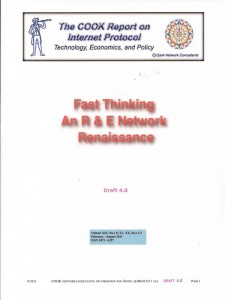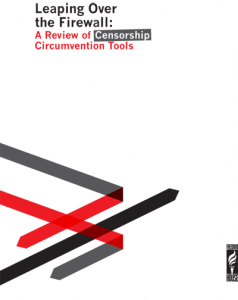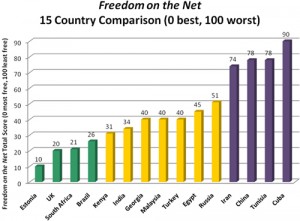
Preliminary List of Stakeholders
Appropedia
Brave New Software
Creative Commons
Electronic Frontier Foundation
Free Network Movement
Free Software Foundation
FreedomBox
Future Forward Institute
New America Foundation
Open Source Ecology
P2P Foundation
Personal Data Ecosystem Consortium
Tor Project Anonymnity Online
Unhosted–Open Web Standard for Decentralizing
World Wide Web Consortium (W3C)
Phi Beta Iota: We disagree on the inclusion of the New America Foundation–they are not stakeholders as much as beltway “think-tank” opportunists, and too heavily reliant on proprietary hooks going nowhere. New Software Foundation has been changed to Free Software Foundation. We would add to the above list:
Autonomo.us
Computers, Freedom & Privacy Conference
Cook Report on Internet Protocol
Free Internet
GNU Operating System
Liberation Technology Project (Standford University)
NetZero Free Dial-Up Internet Access
Technology Liberation Front
Many others will be identified over time.
See Also:
Autonomous Internet [Open, Free, Distributed]
Next Net, Transitional Net, Autonomous Net
Charles Wyble: Autonomous Free Internet
Reference: Internet Freedom–and Control






